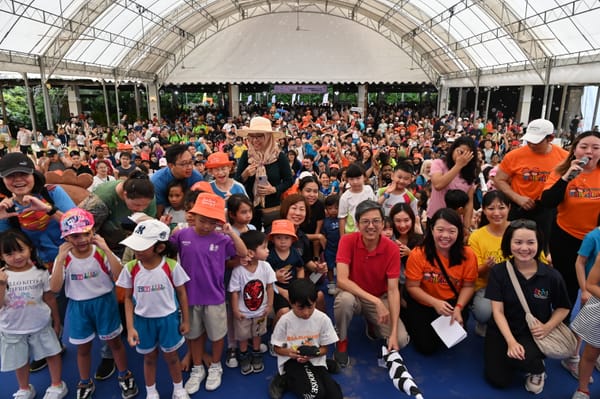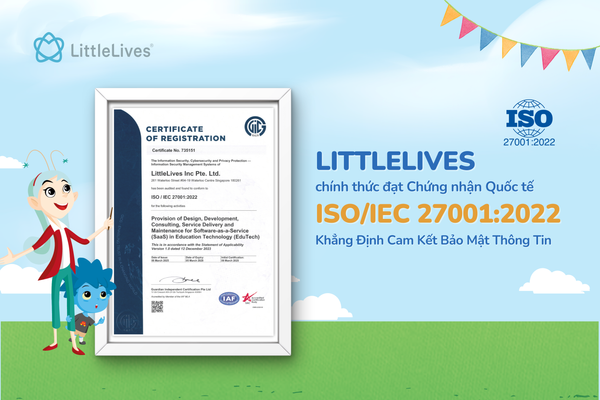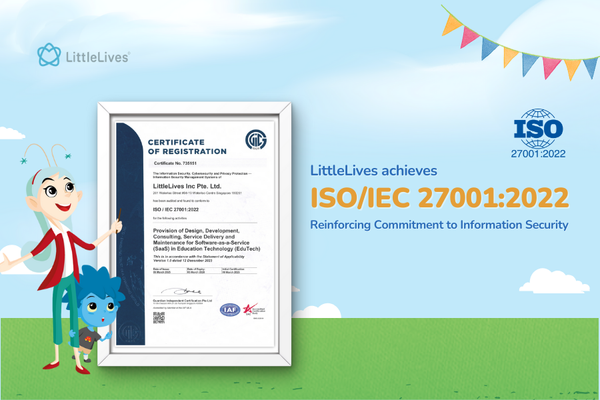Malaysian Young Scientist Symposium 2018

Aspiring scientists gathered for a 5-day symposium under one laboratory to learn about science beyond classrooms.
Written by Bryan Koh
Do you remember asking your parents why the moon only appears at night and the Sun during the day? Whether it’s possible to fly to space? Our parents tried to answer us as best as they could but nothing quite satisfied our curiosities like science education (we still love you, dear parents). As we grew up and learnt in school, we were able to grasp the concept of science, and somehow the questions we had as kids were answered.
Science and technology play a crucial role in today’s competitive world. Sri Columbia Private School in Malaysia saw the importance of teaching science to children at a young age. Hence, they successfully organised the first ever Malaysian Young Scientists Symposium. Our Chief Operating Officer, Arjuna Raj was even invited as a keynote speaker. His topic Having a Curious Mind, pointed out the importance of seeking knowledge and he also shared a few tips on how to do it!
After the symposium, we got to sit down with the Programme Director of the symposium, Dr. Sujithra Devi A for a quick chat. She is also the Director of Curriculum and a teacher at Sri Columbia Private School.

How did the idea of the symposium come about?
This idea of the symposium came about because we have a group of teachers in Sri Columbia who are active researchers. We wanted to offer our students different avenues to learn about science and technology beyond classroom level. Students are often only exposed to what’s within the limitations of a classroom, and what the syllabus requires. They don’t receive exposure to what is happening outside, particularly in the field of Science, Technology, Engineering and Mathematics (STEM) in Malaysia.
Besides that, we wanted a platform for these kids to build a network. Out of the 130 participants, 30 of them were fully sponsored by our school. These kids are from orphanages and schools in rural areas that usually don’t get opportunities like this. One of the symposium’s aim was to foster a positive scientific intuition within our students. This is so that our students can be on par with the demands of tertiary education, regardless of socioeconomic backgrounds.
How did the content of the symposium cater to children of all ages?
We divided them into the primary and secondary levels. This was to cater to each level’s needs. Although the workshops were similar, we altered the content to fit both groups.
We conducted a robotics workshop in which the primary level children were taught to create a robot and given a simplified explanation for the process. In comparison, the secondary level kids were tasked to come up with their own robotic structures and explain how they functioned. The program for the secondary level children was more sophisticated and focused on technology-based learning whereas the primary level program was designed to facilitate visual learning. We even took the kids on a science tour; the secondary level children visited an anatomy museum while the primary level children went to a chocolate factory.

“I believe every child has to have that conscience and understanding of science in order to move forward because science encompasses every subject.” — Dr. Sujithra Devi A.
Why is science education important to children?
Kids overseas are exposed to science education early, which is great. Whereas, kids in Malaysia are taught book-based, and theory-based learning. So there’s a wide difference in terms of learning. However, science education is important because everything around us involves science especially with this generation.

Aside from the learning methods, it is important to have a basic knowledge of science. Whether your ambition is to become a doctor, engineer, architect, or even a businessperson, science and technology will always be important. I believe every child has to have that conscience and understanding of science in order to move forward because science encompasses every subject. The reality is the ideas that these kids have in mind, are not being channeled in the right way. So kids find it hard to put thoughts into actions. A symposium like this offers them an opportunity to see, “Wow, science goes way beyond what I learned in books.”
Three tips on how we can encourage children today to tap into their inner scientists?
Number one, let them explore on their own; do not put limitations to their learning. For example, if they see a dismantled toy car, ask them to try and fix it to get it working again. The child is fixing things, because science and technology isn’t just about creating; it’s also about innovating. Encourage them to think outside the box.
Secondly, children must be taught to tap into their critical thinking skills. It is crucial for them to be taught and exposed to idea of critical thinking. Let them think and voice out their opinions. If you give the child an object like a plastic bottle, ask them to think about how can they use it. Then, explore with them — how can the child further diversify the plastic bottle’s function? What can that bottle become, beyond its obvious purpose? That is innovation and critical thinking in play.
The last tip is to constantly encourage children to gain knowledge. It starts at home but it also goes back to the school and the society. Provide kids with the platform to always acquire knowledge so that they can constantly grow and absorb more information.

Is it too late to be a scientist now? Of course not! Our Angels had such a fun time at the symposium, and we are definitely inspired to tap into our “inner scientists.” The thirst for knowledge should never stop so go out there and make everything an experiment!
The inaugural Malaysian Young Scientist Symposium 2018 is organised by the Malaysian Young Scientist Society under Sri Columbia Private School in collaboration with University Putra Malaysia and Taylor’s University.
You can keep up with us on our Facebook page or follow us for high quality content on our Instagram profile. Be sure to always check back with us as we are constantly on the go!
...

If you're a content producer in the education industry, and you like our content, please reach out to us at storytellers@littlelives.com. We're looking for content partners and we're excited to get more eyes on educational articles!





